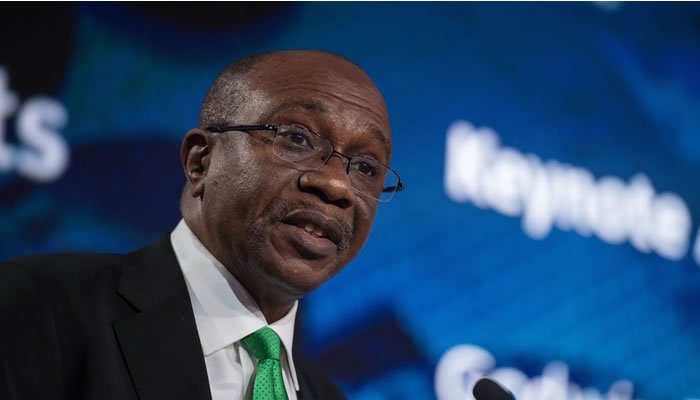
Financial analysts are divided over the decision of the Central Bank of Nigeria’s Monetary Policy Committee’s decision to retain key lending rates after its two-day meeting that ended on Tuesday.
Some analysts said the development meant tougher days ahead for Nigerians and companies, while others said the MPC had no choice but to leave the key rates unchanged.
Analysts had last week predicted that might tighten monetary policy during its first meeting in this year.
The committee however left the key policy rates unchanged.
The Governor, CBN, Godwin Emefiele, on Tuesday announced that the MPC decided to leave unchanged the Monetary Policy Rate at 11.5 per cent alongside other parameters.
Emefiele, who disclosed this at a briefing after the MPC meeting in Abuja, said that while determining whether to loosen or tighten the policy stance, the MPC was mindful that some advanced economies had signaled intentions to increase their rates.
He said the major focus of the developed economies was affecting inflation.
According to him, the MPC believes that its current stance of price and monetary stability is conducive for growth.
He said that the committee was convinced that loosening the rates would trigger liquidity surfeit and fuel inflationary pressure as available funds might outstrip the economy absorptive capacity or domestic capacity utilisation.
“It also feels loosening could trigger foreign exchange demand pressure, as the excess liquidity would be channeled to either frivolous importations or speculative holding of foreign exchange as alternative investment channels narrow; leading to foreign exchange depreciation and or inflation.
“The MPC also dropped a tightening option at this meeting in view of the fragile state of the current GDP growth rate and potential external and domestic headwinds confronting the economy,” he added.
The governor said that after a careful balancing of the benefits and downsides of each policy option, the MPC decided to hold all policy parameters constant.
“The committee thus decided by a unanimous vote to retain the Monetary Policy Rate (MPR) at 11.5 per cent. In summary, the MPC voted to retain the MPR at 11.5 per cent; the Asymmetric Corridor of +100/-700 basis points around the MPR; the CRR at 27.5 per cent; and the Liquidity Ratio at 30 per cent,” Emefiele said.
Reacting to the development, some economists said the economy would continue to bite harder on Nigerians, as the MPC were meant to adjust the rate to ease the burden of Nigerians.
An economist, Mr Kunle Olusola, said, “The MPC should have adjusted the lending rates to ease the inflationary pressure in the economy. This is very crucial at a time like this.”
However, a development economist, Prof Ken Ife, said that the decision of the CBN was reasonable as changing the rates would be harmful to the economy.
He said, “I think the analysis is quite robust because the CBN at this moment has so many balls in the air around driving down inflation and mainly through the money supply issues and tackling the forex side of it and pushing on food production, because the food sub basket index is the biggest driver among the structural factors, so it’s doing quite a bit.
Also, an economist, Mr, Muda Yusuf, “Yes I agree with him if you look at the inflation, the increased was very marginal, between November and December.
Copyright PUNCH.
All rights reserved. This material, and other digital content on this website, may not be reproduced, published, broadcast, rewritten or redistributed in whole or in part without prior express written permission from PUNCH.
Contact: [email protected]














